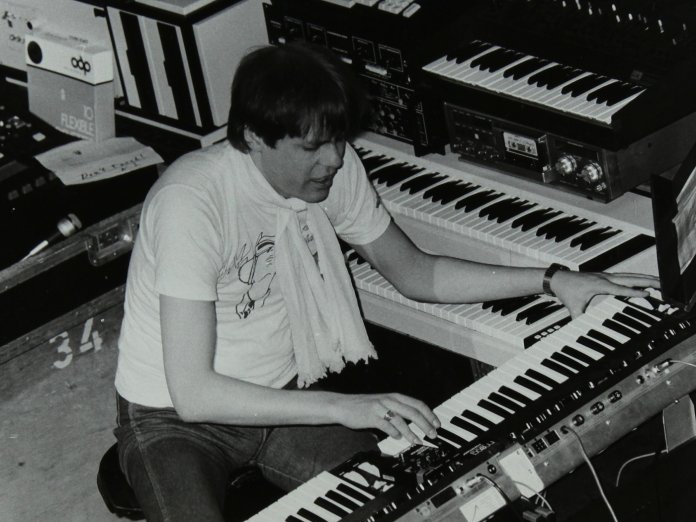German composer Klaus Schulze – who had a lasting impact on the worlds of electronic, ambient and techno music – has died at the age of 74.
The news was confirmed by Schulze’s family with a statement on his social media pages, sharing that the musician died “suddenly and unexpectedly” on April 26, following a long illness.
“Not only does he leave a great musical legacy, but also a wife, two sons and four grandchildren,” the statement continues. “On behalf of him and the family, we would like to thank you for your loyalty and support throughout the years – it has meant a lot.
“His music will live on, and so will our memories. There was still so much to write about him as a human and artist, but he probably would have said by now: ‘Nuff said!’ The farewell will take place in the closest family circle, just as he wished. You know what he was like: his music matters, not his person.”
Born in Berlin in 1947, the pioneering musician’s career began in the 1970s with brief stints in bands including Tangerine Dream and Ash Ra Temple before going solo. His first album, 1972’s Irrlicht, was a four-part composition that saw Schulze manipulating a broken organ and an orchestra recording to build a wall of sound.
Over the next five decades, Schulze would go on to have a prolific career that included the release of some 50 solo albums. Among the most significant were 1975’s Timewind, 1976’s Moondawn and 1979’s Dune, inspired by Frank Herbert’s book of the same name.
Among his many collaborations included the supergroup Go, formed in 1976 alongside Japanese percussionist Stomu Yamashta along with Al Di Meola, Steve Winwood and Michael Shrieve. They released two studio albums and one live record before dissolving. Other collaborators over the years included Dead Can Dance’s Lisa Gerrard and synth-pop group Alphaville.
Earlier this month, Schulze announced his latest album, Deus Arrakis – also inspired by Dune – would arrive on June 10, previewing it with lead single “Osiris – Pt. 1”.



